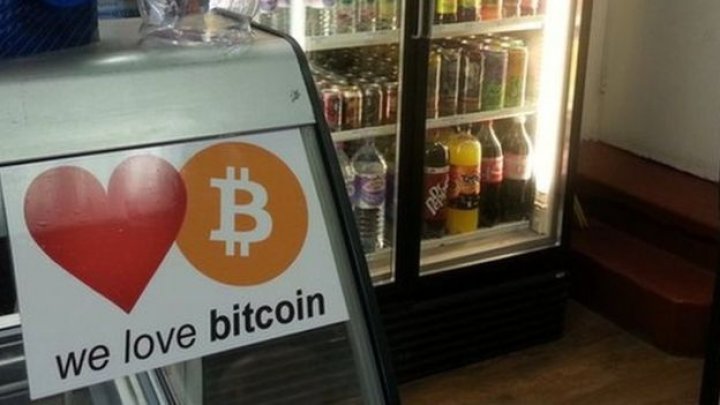How far should the two mightiest web giants go to police the content they enable?
 foto: bbc.com
foto: bbc.com
How far should the two mightiest web giants go to police the content they enable?
This week Google acted to ban crypto-currency advertising, while Facebook banned a far-right group.
- Stream or download the latest Tech Tent podcast
- Listen live every Friday at 15:00 GMT on the BBC World Service
Tech Tent looks at growing evidence that the social media firms are now actively editing what appears on their platforms, rather than just sitting back and allowing their users complete freedom to share any kind of content.
We hear from the South by Southwest festival where the usual optimism about the potential of tech - this after all was where Twitter took off - was replaced by anxiety about the damage social media can cause.
London's Mayor Sadiq Khan made a speech giving examples of the online abuse he'd received, warning that this could deter people from entering politics.
He is not the first politician to say "something must be done" about social media but he told the BBC that this kind of pressure was necessary: "We can't assume tech companies will find solutions by themselves, they've got to be chivvied and cajoled to take action."
It was almost certainly a coincidence but a couple of days later Facebook did act, removing the pages belonging to the far-right groups Britain First and its leader and deputy leader.
They had ignored a final written warning to stop posting material designed to promote the hatred of minority groups.
Facebook had been under pressure for months to explain why Britain First was allowed to use its platform, given the fact that its Community Standards page states that organisations that promote hatred against these groups are not permitted a presence.
It is clear that its social media megaphone, with its 2 million followers, was an extraordinarily effective platform for the group's attacks on Islam - indeed without Facebook there may not be much left of Britain First.
The fact that the company finally acted will be seen by politicians of all kinds as proof that pressure can work - which means that Facebook can expect plenty more from across the political spectrum.
Read more on bbc.com.